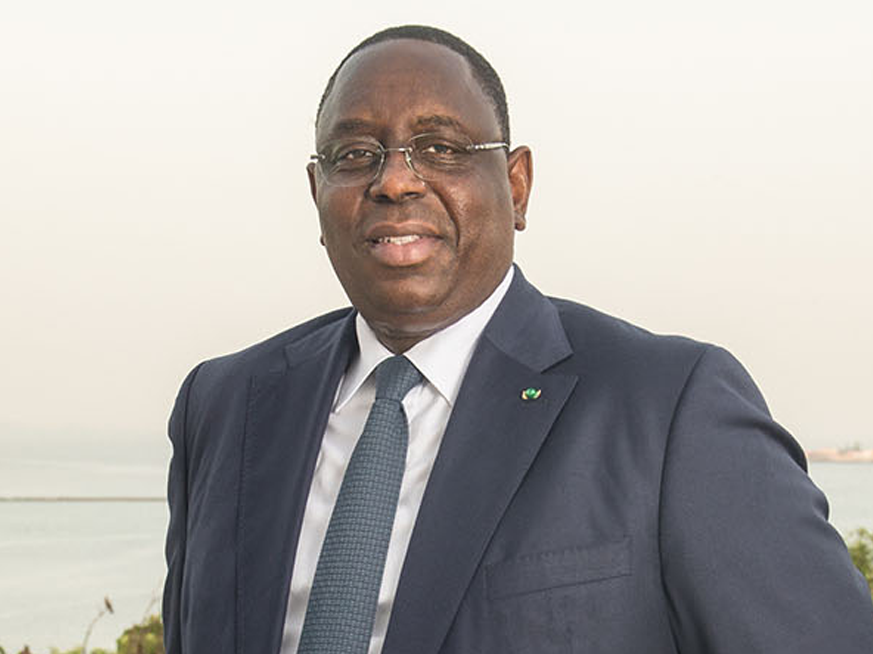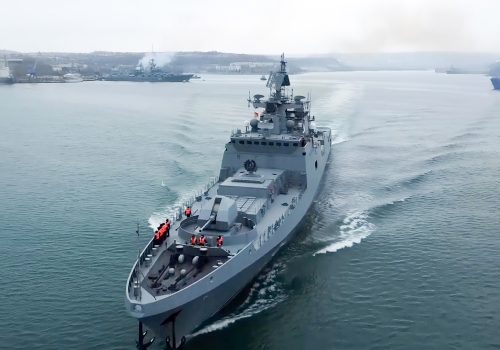Events
All Content
As president of Jones Group International (JGI) and one of America’s leading authorities on foreign policy, energy security, and national security, General Jones provides JGI clients with strategies for navigating the complex nexus of business, international affairs, and public policy.
General Jones was appointed by President Barack Obama as National Security Advisor to the President on January 20, 2009. During his tenure in the White House, General Jones served as a trusted Presidential advisor, represented the President as an envoy to American allies and partners, provided steady leadership during times of conflict, and oversaw an expansion of responsibilities of the National Security Council to include cyber security, homeland security, and strategic foresight.
Upon General Jones’ retirement, President Obama said, “Jim has always been a steady voice in Situation Room sessions, daily briefings, and with meetings with foreign leaders … the American people owe the General a debt for making the nation safer.”
General Jones came to the White House from the private sector, where he served as the President and CEO of the U.S. Chamber of Commerce’s Institute for 21st Century Energy. At the Chamber, General Jones worked to unite energy consumers and producers in pursuit of common goals—to increase U.S. energy supply and improve infrastructure, to advance international cooperation on energy issues, to protect national energy security, and to promote a better understanding of changes to the global climate and its effects on the environment.
While leading the Chamber’s energy work, General Jones also served in the George W. Bush administration as the State Department’s Special Envoy for Middle East Regional Security. In this capacity, he worked with Israeli and Palestinian officials in furthering the Peace Process, focused on strengthening security for both parties to the conflict.
General Jones retired from the U.S. Marine Corps in February 2007 after a distinguished forty-year career. From July 1999 to January 2003, General Jones served as the 32nd Commandant of the United States Marine Corps, the most senior position in the Corps.
In 2003, General Jones was nominated to serve as Commander, United States European Command and Supreme Allied Commander Europe. As Commander of U.S. European Command, General Jones’ area of responsibility included 92 countries from Europe, Eurasia, and Africa.
In his capacity as Commander of all NATO forces, General Jones led the Alliance into overall command of the International Security Assistance Force in Afghanistan, the largest combat mission in NATO’s history. General Jones also oversaw the military integration of the Alliance as it expanded from 19 to 26 members, and he advocated that NATO take on energy security and defense of critical infrastructure as a core mission.
General Jones spent the formative years of his youth living in France, where he became fluent in French and developed a global perspective. General Jones graduated from the Georgetown University School of Foreign Service and was commissioned as a Second Lieutenant in the Marine Corps in January 1967. He served as a rifle platoon and Company Commander in Vietnam, where he earned a Silver Star. On returning to the U.S., he attended the Amphibious Warfare School in 1973 and the National War College in 1985 and served as Marine Corps Liaison Officer to the U.S. Senate. In addition, he served as Commanding Officer of the 24th Marine Expeditionary Unit in Northern Iraq and Turkey on Operation Provide Comfort; Chief of Staff, Joint Task Force Provide Promise, for operations in Bosnia-Herzegovina and Macedonia; and Commanding General, 2nd Marine Division, Marine Forces Atlantic. He also served as Military Assistant to the Secretary of Defense from 1997-99.
Upon leaving the White House in 2010, General Jones founded Jones Group International. General Jones and the JGI team leverage their unmatched expertise, access, and credibility to assist clients in matters of energy security, national and international security, market access and trade promotion, and strategic leadership.


